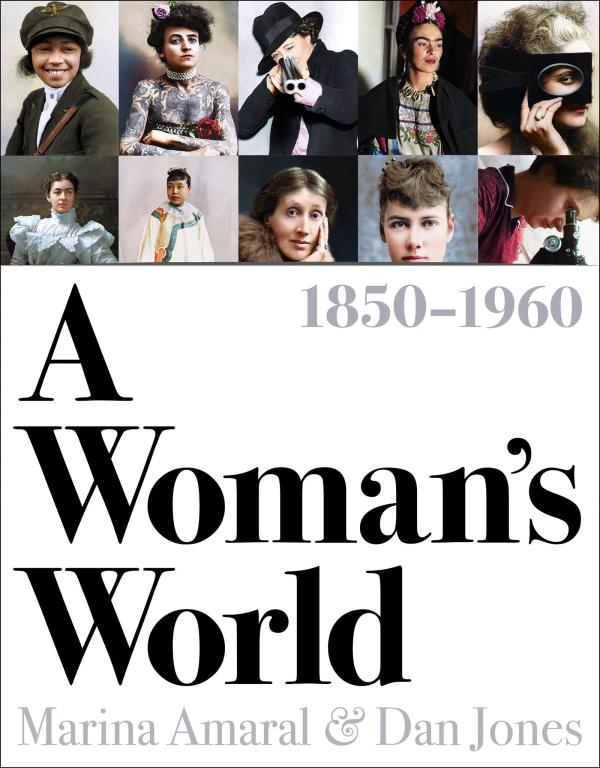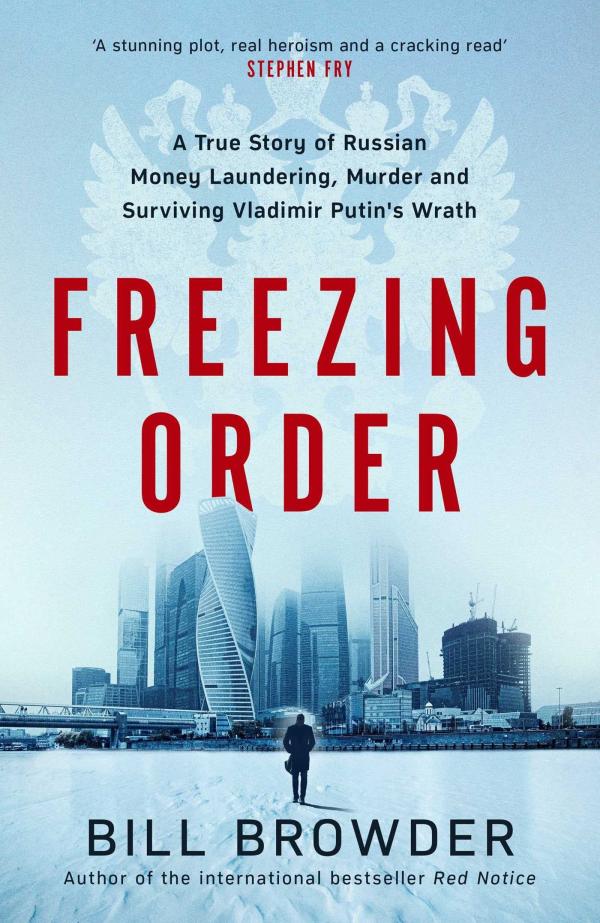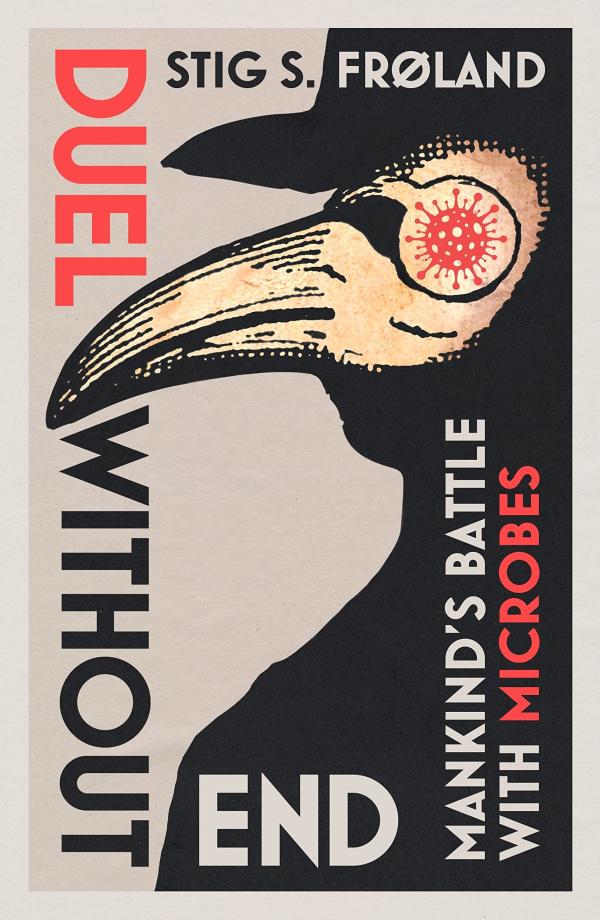There is an allegedly Chinese curse that says 'May you live in interesting times', and 2022 has certainly provided that. Luckily, it has also provided some very interesting history books. With so many to choose from, we thought we would ask some of our favourite historians and industry professionals what their best history books of the year have been.
Luckily, it has also provided some very interesting history books. With so many to choose from, we thought we would ask some of our favourite historians and industry professionals what their best history books of the year have been.
Will Iredale 
Will Iredale is the author of The Sunday Times bestseller The Kamikaze Hunters, as well as our favourite book of 2021, The Pathfinders.
My recommendation for the best 2022 history book would be SAS Brothers in Arms: Churchill's Desperadoes: Blood-and-Guts Defiance at Britain's Darkest Hour (Quercus, 2022) by Damien Lewis. With so much SAS stuff flying about at the moment, this is a must-read and a riveting book from a master storyteller who is the gold standard go-to for accounts of the SAS in the Second World War.
Sally Coulthard
Sally Coulthard is a prolific, bestselling author with over 25 books to her name – including the fantastic recently released Fowl Play – and columnist for Country Living magazine.
There’s nothing better than a gifted book. I was given A Woman’s World 1850-1960 (Apollo, 2022) by a dear friend, who knew I wouldn’t be able to resist the next instalment of Marina Amaral’s dazzling colourised photographs from history. I spend most of my working life trawling through dusty, obscure historical texts – this is history with the cobwebs blown away. Pages of women – both ordinary and famous – spring off the pages in full technicolour and are complemented, as always, with Dan Jones’s confident narrative. It’s also deliciously international, from Chinese revolutionaries and Queen Victoria to a rare image of Harriet Tubman. It’s one of those books that never sits on a shelf; I casually leave it hanging around the house and have caught plenty of people – including my three young daughters - dipping into it. Can’t wait to see where Amaral’s historical paintbox take us next…
 Clare Jackson
Clare Jackson
Clare Jackson is Senior Tutor for Trinity Hall, Cambridge, and this year's winner of the Wolfson History Prize with her wonderful epic of the seventeenth century, Devil-Land: England Under Siege, 1588-1688.
One book I thoroughly enjoyed this year was Robert Harris's Act of Oblivion (Hutchinson Heinemann, 2022) – a historical novel in which, as Harris explains, all ‘the events, dates and locations are accurate’ and ‘almost every character is real’. Harris's sole invention is Richard Nayler, the ‘regicide-hunter-in-chief’ who, following Charles II's Restoration in 1660, spends over a decade trying to track down Edward (Ned) Whalley and his son-in-law, William Goffe, who had been the fourth and fourteenth signatories on Charles I's death warrant in 1649. Shuttling between Restoration England and colonial New England, Harris's Act of Oblivion has all the energetic and immersive tension of a thriller, combined with nuanced characterisations of men and women living through extraordinary times. Act of Oblivion then prompted my re-reading of Harris's An Officer and a Spy – another tense page-turner and brilliant recreation of the 'Dreyfus affair' that gripped French politics during the 1890s and 1900s.
 Edward Shawcross
Edward Shawcross
Edward Shawcross is a historian and teacher whose bestselling first book, The Last Emperor of Mexico, has been listed as one of The Times and The Sunday Times's best books of the year.
Graham Robb’s France: An Adventure History (Picador, 2022) is a wonderfully unconventional, idiosyncratic and personal history of France. Although those looking for the greatest hits of French history will not be disappointed – Caesar, Charlemagne and Napoleon Bonaparte are all covered – the real treasures here are, as Robb writes, that 'many other events, places and people have never appeared in a history of France.' Rather than following the paths laid down by historians, Robb, on his bike, takes us down the roads and cycle lanes of the country on a journey of historical discovery, accompanied by his wife, Margaret. The journeys are quests, equal parts travelogue and historical investigation. Moreover, his wanderings in time and space take him across the country from the first century BCE to twenty-first century CE. The result is a work full of magnificent ruminations on French history and culture beyond the world of high Parisian politics, and is unlike any history book I have read this year.
 Alex Hippisley-Cox
Alex Hippisley-Cox
Alex Hippisley-Cox is a publicist working for some of the biggest and best book festivals around the world, and is the Head of PR at the annual Daily Mail Chalke Valley History Festival.
Back in June this year, Bill Browder was invited to speak at the Chalke Valley History Festival to talk about his latest book Freezing Order (Simon & Schuster, 2022) which had been recently published. After the extraordinary success of his earlier book Red Notice, which became an international bestseller, I was intrigued to find out what all the fuss was about. At the end of his talk, the author received a standing ovation and I now understand what all the fuss is about.
You might be forgiven for thinking that Freezing Order is fiction. It is not. It’s a real-life story of Russian money-laundering, of assassinations, and how Bill Browder took on one of the most ruthless villains in the world, Vladimir Putin. I was hooked right from the start, and I kept on having to remind myself that this was not the latest thriller from the likes of Lee Child or Tom Clancy. Bill Browder’s book recounts true events, and chronicles tales of international corruption and conspiracy in the Kremlin that will now go down in history as fact. As many others have said before me, this book should be compulsory reading for anyone wanting to understand the tactics of modern autocracy.
 Get History's top picks
Get History's top picks
With so many good books released this year, it has been impossible to choose just one favourite, so we've chosen two. The first is Stig S. Frøland's Duel Without End (Reaktion, 2022), which explores the unending battle across the millennia between men and microbes. Given the upheaval of the last two years, the book is particularly timely and relevant, but it is also something that is quite unique: it is decent history written by a specialist from a different discipline. Because Frøland is a medical expert in contagious diseases, he brings a scientific, insider perspective to the history of medicine, but he does so in an entirely approachable and engaging way.
 Our second pick is Andreas Viestad's wonderful, amusing Dinner in Rome (Reaktion, 2022). Part history, part travel guide, and part food-critic's column, it takes the reader on a stroll around Rome, around some of the most interesting and little-known aspects of history, and around the dinner menu at a restaurant in Campo de' Fiori. In each chapter Viestad selects a dinner course or food type, and uses this to describe the intricate web of connections across cultures and times, showing how food has been – and always will be – central to society and to civilization. It is clever and witty, but it is also light and easily digestible. And it comes from an author who doesn't just love history, or Rome, or food. It comes from an author who loves life, and who passes this joy of living on to the reader.
Our second pick is Andreas Viestad's wonderful, amusing Dinner in Rome (Reaktion, 2022). Part history, part travel guide, and part food-critic's column, it takes the reader on a stroll around Rome, around some of the most interesting and little-known aspects of history, and around the dinner menu at a restaurant in Campo de' Fiori. In each chapter Viestad selects a dinner course or food type, and uses this to describe the intricate web of connections across cultures and times, showing how food has been – and always will be – central to society and to civilization. It is clever and witty, but it is also light and easily digestible. And it comes from an author who doesn't just love history, or Rome, or food. It comes from an author who loves life, and who passes this joy of living on to the reader.

